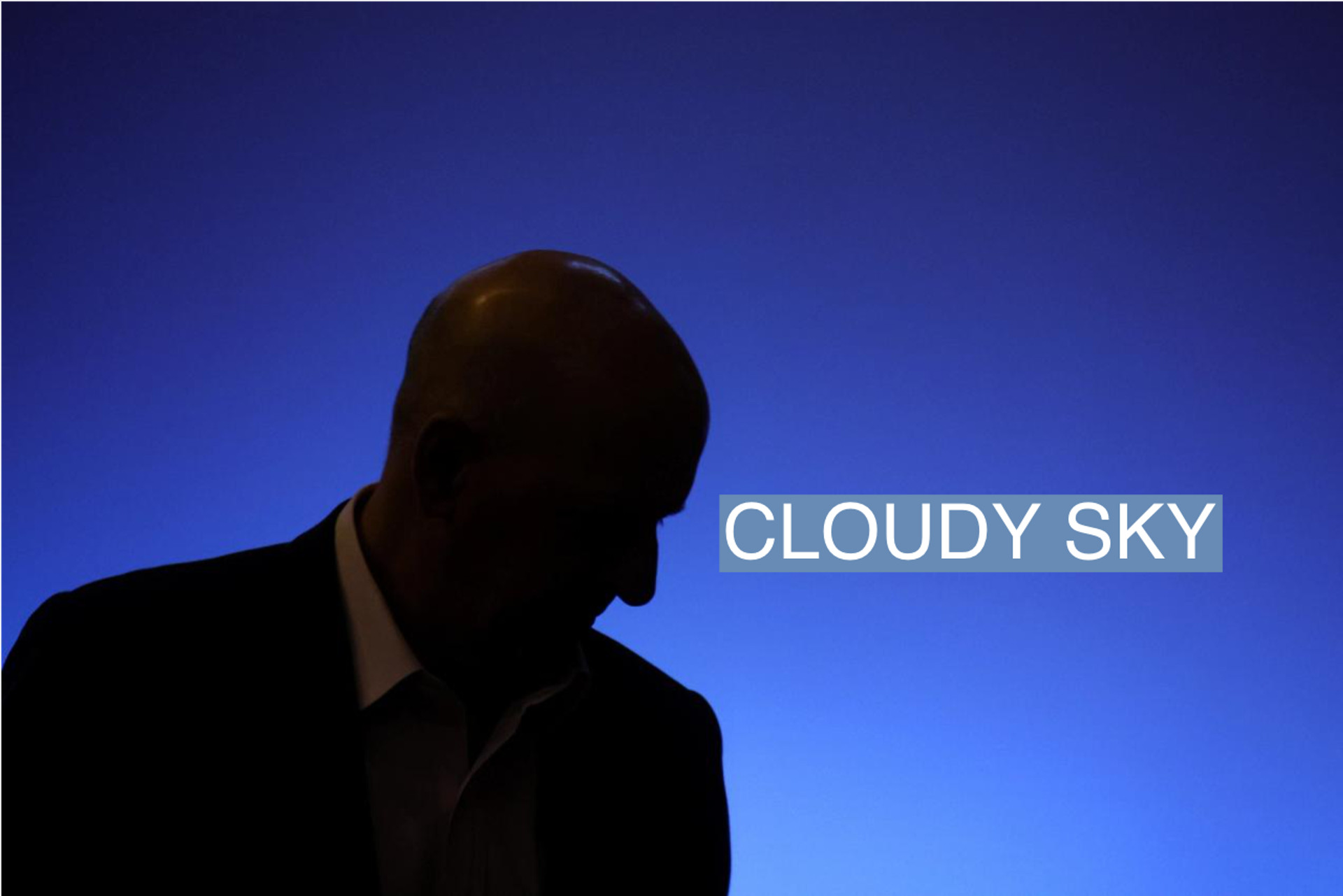The Scoop
Less than two years after Goldman Sachs paid nearly $2 billion for a specialty lender, the firm is now unwinding the deal at a significant loss as it retreats from its ambitions on Main Street.
Apollo, Sixth Street, and Warburg Pincus are among the investment firms that submitted initial bids on Friday valuing the business, once known as GreenSky, at mid-nine figures, people familiar with the matter said.
Goldman put GreenSky up for sale in April, when CEO David Solomon said it no longer fit with the bank’s “current strategic priorities.” His lieutenant, John Waldron, said at an investment conference earlier this month that a sale could result in a $500 million writedown.
Some of the bids are just for GreenSky’s loan-writing operations, while others include legacy loans currently sitting on Goldman’s books, the people said. Representatives for Goldman, Apollo, Sixth Street, and Warburg declined to comment.
In this article:
Liz’s view
The Goldman that comes out of this retreat will look more or less like the Goldman that went into it a decade ago, but poorer — in cash, morale, mystique, and shareholder trust.
The sale will unwind a yearslong folly, in which Wall Street’s preeminent firm lost billions of dollars trying to reinvent itself as something else. Goldman essentially stopped lending out of its consumer arm, Marcus, last year and in April sold $1 billion of legacy loans. (A few pieces of that transformation remain, notably its Apple-branded credit card and a retail and corporate deposits business that has lowered its cost of funding.)
Buying GreenSky, which makes loans through middlemen like Lowe’s, was, in M&A lingo, a “customer acquisition play.” The idea was to convert those borrowers into customers of Goldman Sachs who might apply for an Apple card or open a Marcus savings account. It didn’t work.
It’s also worth noting that GreenSky, a lending business, proved to be a bad fit at a bank, which to state the obvious is also a lending business. But it’s attracting a swarm of private-equity firms that have long since outgrown that label.
Post-2008 rule changes have pushed lending out of banks and into lightly regulated corners of Wall Street. Firms like Apollo and Blackstone that made their names on corporate buyouts have instead become quasi-banks, huge players in corporate lending. Many have also bought or built giant insurance arms, which need to invest policyholders’ cash in steady, cash-producing assets — things like bundled consumer loans, corporate receivables, rental payments, and other income streams.
Three-quarters of Apollo’s $600 billion of assets are in credit, and the firm was the second-place bid in the 2021 process for GreenSky that Goldman won, people familiar with the matter said. Sixth Street has been building a structured-products business to feed its growing insurance business.
Room for Disagreement
Goldman’s misadventures on Main Street may have been more of a failure of execution than vision. The firm had become a commercial bank during the 2008 crisis, which came with tougher regulations but allowed it to take deposits, make loans, and do other bread-and-butter banking — activities it had looked down on for years but came in the early 2010s to embrace.
Know More
Goldman first looked at buying GreenSky in 2019. But the team that flew down to Atlanta to meet with GreenSky’s founder, David Zalik, came back unimpressed and unconvinced, people familiar with the matter said.
Two years later, those executives were gone, and Solomon, on the advice of Stephanie Cohen, Goldman’s consumer-banking head who is now on a leave of absence, bought it.
Notable
- Goldman’s hasty retreat from Main Street began in December, when a restructuring buried the old Marcus business and elevated the Wall Street businesses of trading and dealmaking.
- “How an insurer in Iowa became the most coveted asset on Wall Street,” from the Financial Times

